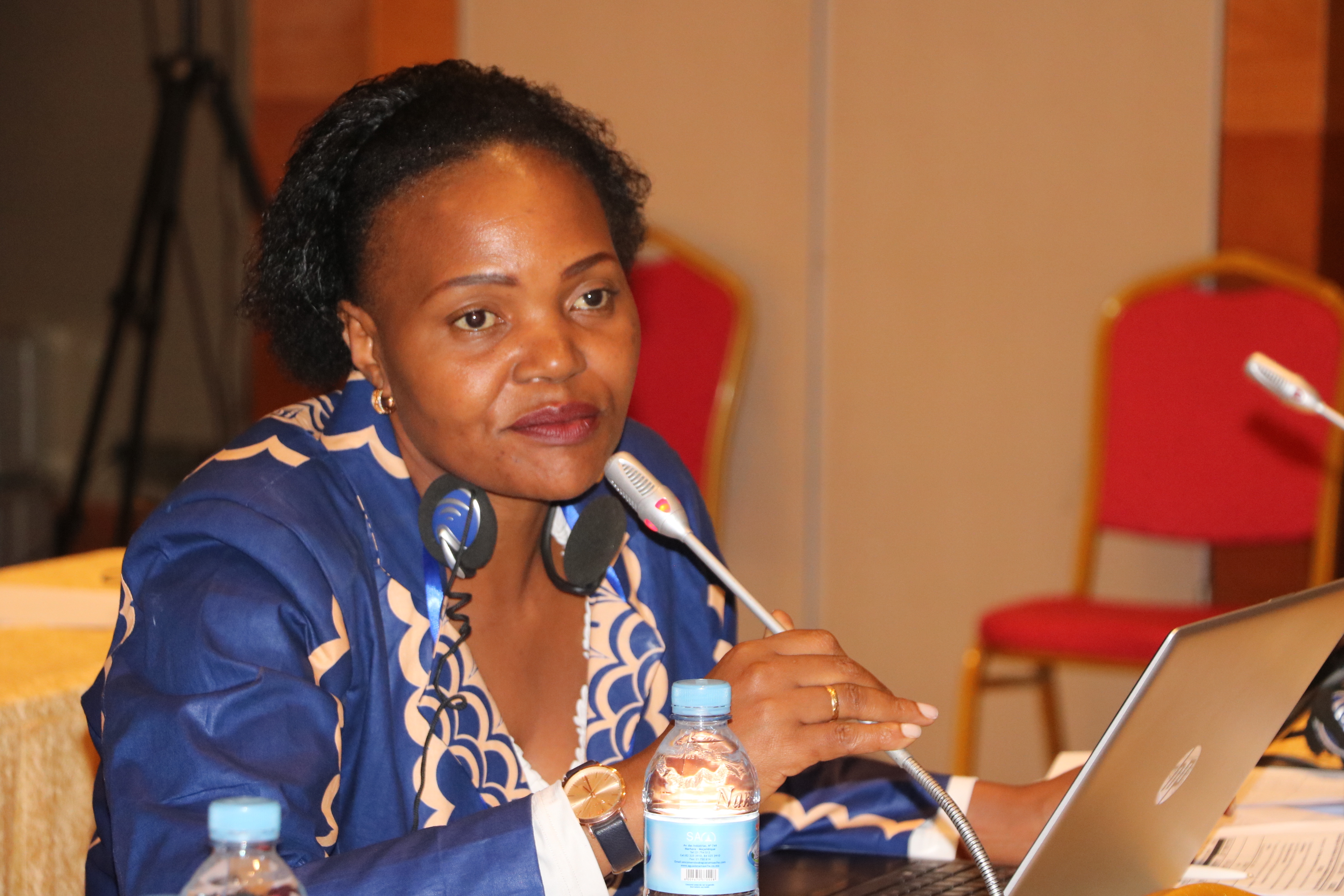UN Women in Mozambique and protection authorities monitor gender-based violence amid COVID-19 confinement measures
The World and the Mozambican community in particular is experiencing difficult moments in human existence. We would like to share our sense of solidarity with women directly or indirectly affected by the Pandemic and reinforce the need to take preventive measures, as it is more than clear that prevention is the best decision to make. Our appeal extends to the need for greater family cohesion and harmony, because only together can we overcome this common enemy. Lurdes MabundaDate:

UN Women in Mozambique proposed for protection authorities to set up a multi-sectoral mechanism to monitor GBV (gender-based violence) in the context of COVID19. The agency suggested the capitalization of the Integrated Assistance Mechanism, which is a combination of services provided by the Ministry of Health, Ministry of Gender, Children and Social Action, Ministry of Interior and Ministry of Justice, to include Civil Society Organizations and UN technical support during COVID19 pandemic.
This move follows reports of increased incidents of gender-based violence in some countries in the world by 30 per cent since confinement measures began to be implemented, as an attempt to stop the wide spread of COVID19. Within this context, UN Women Mozambique reached out to authorities from the Interior Ministry, in particular the department in charge of dealing with domestic violence incidents, to provide the status of GBV in Mozambique.
From the short analyses carried out, the Interior Ministry authorities concluded that it is still early to link cases of domestic violence to the COVID19 pandemic, first because a State of Emergency was declared less than a month ago, and the confinement measures in Mozambique are different from that in other countries were GBV is increasing.
“It's important to take into consideration that in Mozambique people are still allowed out, they can still carry out their activities under our confinement measures, others cannot, which can contribute to domestic tensions we see reported in international media” said Lurdes Mabunda, head of the Office of Assistance to Family and Minors - Victims of Violence.
Nevertheless, the office said it will adjust its indicators to factor in the link between GBV and the pandemic in the country, and highlighted the importance of prevention measures to avoid the increase of gender-based violence just in case the country transitions to the next phase of confinement measures.
UN Women through its co-implemented project 'Spotlight' based in the three regions of the country; south, central and north, is working at its maximum capacity with implementing partners, designing and disseminating prevention messages to avoid waves of gender-based violence amid COVID19.
The first quarter of the year 2020, the number of reported cases of domestic violence as a whole dropped by 18 per cent compared to the first quarter of last year 2019. This year the reported cases mostly related to mothers filing for child care support and litigious divorce cases, and the physical assault and domestic violence cases dropped by 11 percent.
The authorities and UN Women though remain on full alert; “One of the most devastating aspects of this pandemic is the way that violence against women, including domestic violence, has risen so sharply in so many countries” as UN Women Executive Director, Phumzile Mlambo- Ngcuka stated during the Women Leaders Virtual Roundtable on COVID19 and the Future.
The same Roundtable disclosed that some countries have seen more than a 30 per cent increase in calls to helplines.